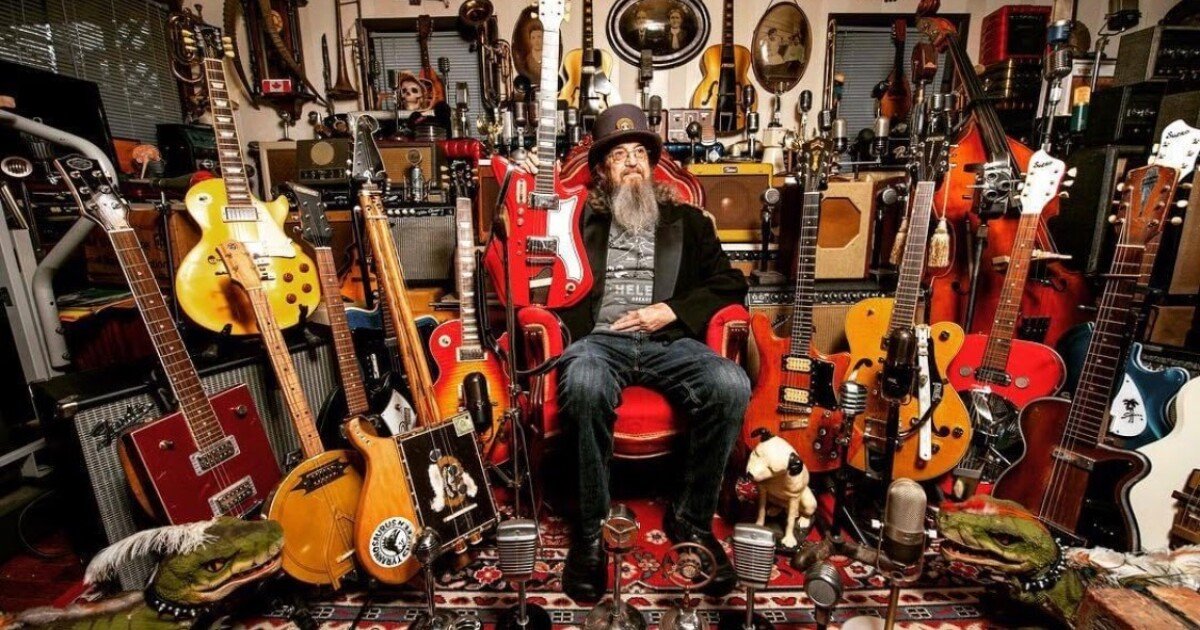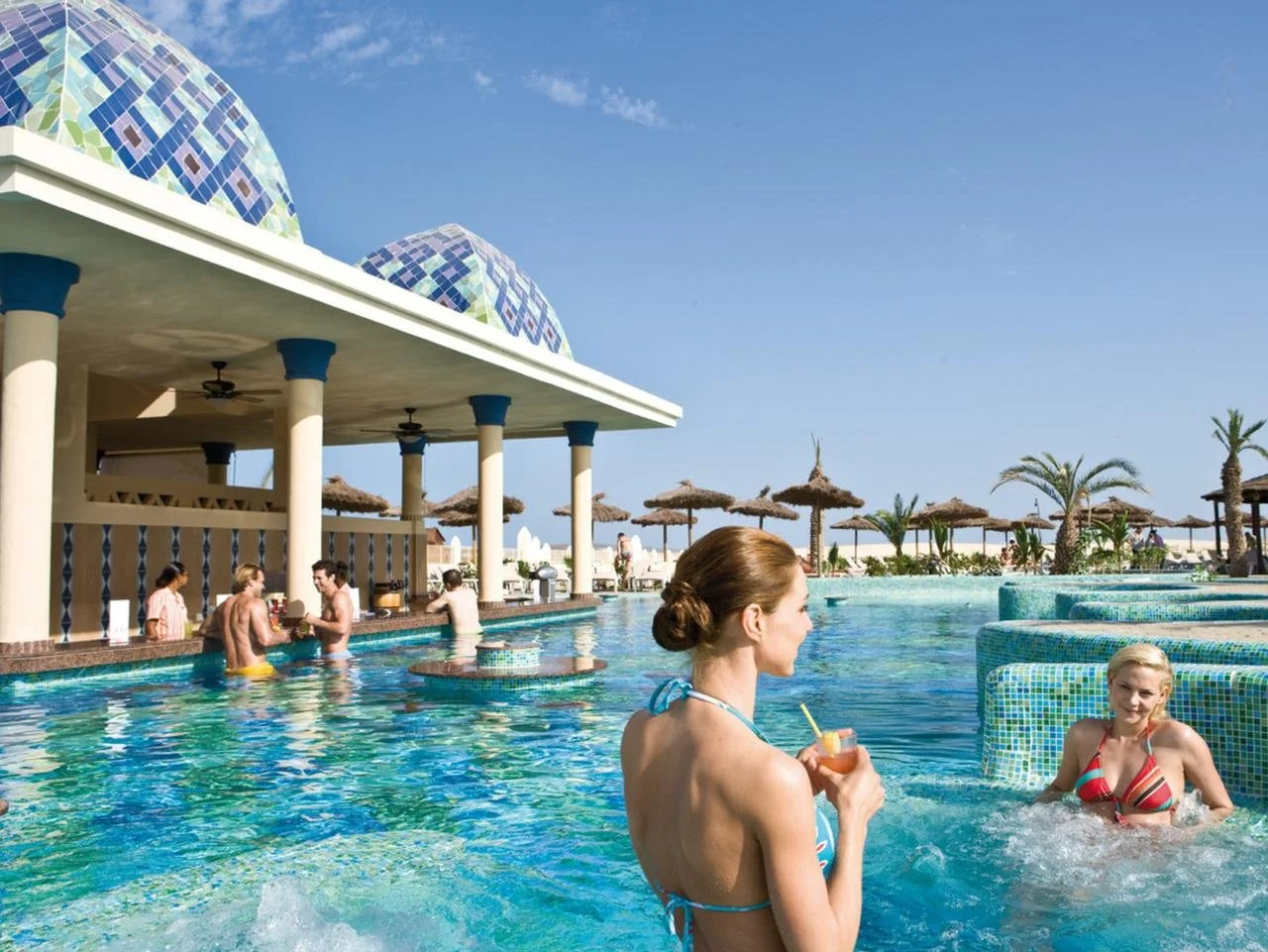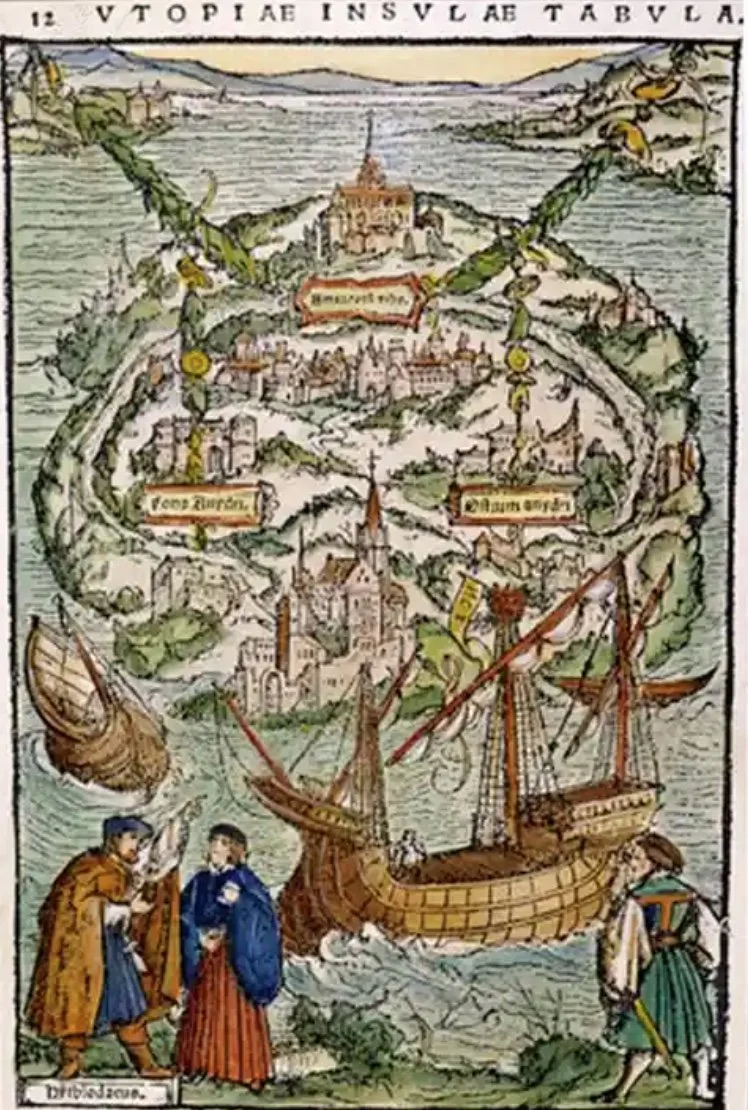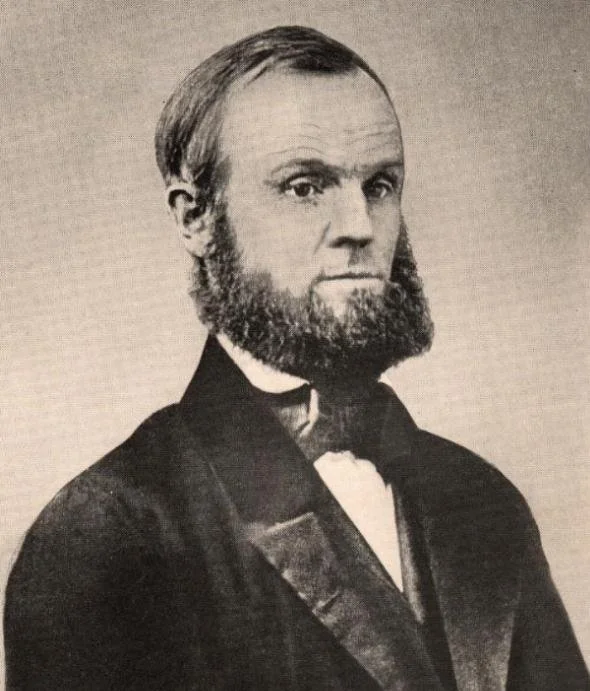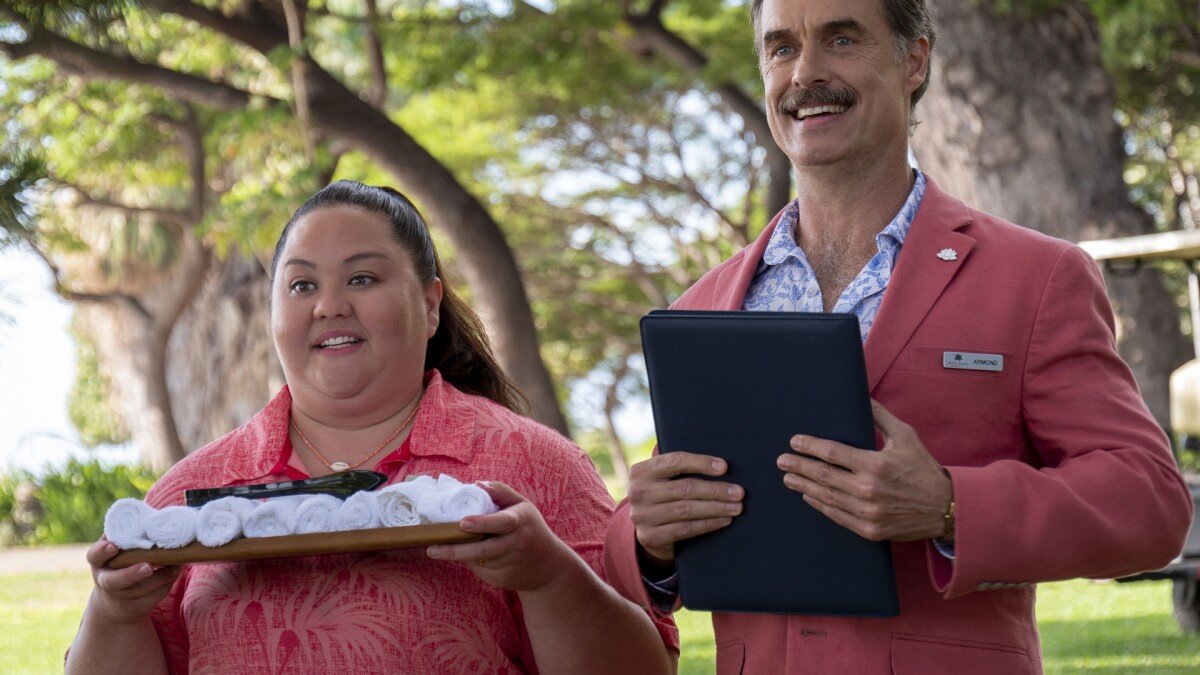By The Landlord
“The mind is its own place, and in itself
Can make a Heav'n of Hell, a Hell of Heav'n.” – John Milton, Paradise Lost
“The only paradise is paradise lost.” – Marcel Proust
“Paradise Lost is a book that, once put down, is very hard to pick up again.” – Samuel Johnson
“Nobody owns anything but everyone is rich – for what greater wealth can there be than cheerfulness, peace of mind, and freedom from anxiety?” – Thomas More, Utopia
“Everything was beautiful and nothing hurt.” – Kurt Vonnegut, Slaughterhouse-Five
“I have always imagined that Paradise will be a kind of library.” – Jorge Luis Borges
“Paradise was made for tender hearts; hell, for loveless hearts.” – Voltaire
“An intelligent hell would be better than a stupid paradise.” – Victor Hugo
“Paradise is exactly like where you are right now... only much, much better.” – Laurie Anderson
So what would yours look like? A tropical island beach club swim-up bar, where all the drinks are free? Your very own vast, private library of records and books, or musical instruments? A non-stop New York-style cafe with endless string of witty, educated, entertaining visitors?
Or perhaps the sheer availability of things would quickly lose their edge. Perhaps instead of infinite variety, choice, and complexity, instead a paradise of calm, natural simplicity? A bucolic scene, sat by an English oak in the middle of a meadow, bees buzzing, birds twittering, a gentle picnic with a calm, contented family?
Or something that more pushes the senses, physical and mental, to their limits? Where there is appetite, motivation and feeling alive?
An exciting arena of performance and conversation where you are sometimes audience, but also also regularly under the spotlight, feeling also the sunny glow of fame, flirtation (or potential shame), undergoing cycles of trepidation, and triumph?
Or a wilderness of sheer mountains, rocky slopes, rushing rivers, breathless vistas, all of which pushes the more primitive mind and body that reawakens our truer, more primitive selves? A jungle where you are chased by wild animals, and where you must pursue your own hunter-gathering survival goals, not just for food, but also in sexual pursuit, always only having just enough, but healthily so, where each day is the perfectly balance of survival sweat-filled satisfaction?
Cape Verde swim-up bar, anyone?
Last week our mission was the impossible, and this week, something else that may seem unsurmountable, but arguably is more subjective. It’s been shown many times that one man’s paradise or utopia is another’s nightmare. For example or someone aspiring, or desperately clinging to be prime minister, is predictably a shambolic dystopia for many others. As Thomas Fuller put it: “A fool's paradise is a wise man's hell!” And so now, the next fool, and hell, beckons …
And so our focus is on the idea of paradise, Utopia, Arcadia and its many other names and forms. Ideally songs on this subject should be the central focus of it, not just some passing mention in a lyrical line, and should be accompanied with fun, conversational justifications. That in itself is a little bit of paradise. Bear in mind that songs about heaven and hell have been visited before, so while there is bound to be some overlap, paradise is more often a non-religious, earthly construct as an afterlife idea.
Religion aside, the first recorded Utopian vision comes in Plato’s Republic, in which form a structure of "golden," "silver," "bronze" and "iron" socioeconomic classes, and in which the golden citizens are trained in a rigorous 50-year-long educational program to be benign oligarchs, the so-called “philosopher-kings”. It’s an ideal of course, but also a class structure that seems to continue today, but also falls far short of that ideal.
Wondrous land: Woodcut showing the island from Thomas More’s Utopia
In English, Sir Thomas More’s 1516 book Utopia pictured a fictional island society. It contains many ideas, from the more metaphorical “show the sun with a lantern,” to an observation, topically, that: “Anyone who campaigns for public office becomes disqualified for holding any office at all.”
Thomas More’s vision is also of this ideal society in the New World, which, in other worlds, points towards America. So one didn’t quite go as planned either …
It came in parallel to the story around Christopher Columbus, the most famous but certainly not first non-inhabitant to discover that land mass, who felt he had found the New World Garden of Eden and its indigenous inhabitants. Shame then that the next step was to set foot in that paradise and start killing them all.
The concept of paradise has stimulated a wealth of books, art, music, film and more throughout history from the depiction of the naked, apple-eating Garden of Eden, out of which came the part of Hieronymus Bosch's The Garden of Earthly Delights triptych. Bosch was right then to show the terrifying dystopian alternatives to be next door.
Hell or heavenly? Part of Bosch’s Garden of Earthly Delights
Less dramatic that Bosch, Thomas Cole's The Arcadian or Pastoral State, 1834, or Thomas Eakins' Arcadia are among many other fine art depictions of the conceptualised paradise, bucolic scene, while in parallel there are many poems, stories and myths that imagine something similar from other cultures.
England’s Sir Philip Sidney wrote a prose romance titled The Old Arcadia (1580), inspired not by the New World of America, but harked back to the Greek Peloponnese, in which Arcadia became a synonym for any rural area that serves as a pastoral setting, a locus amoenus ("delightful place”).
China of course had many such ideas long before the west. The Peach Blossom Spring (桃花源) is a prose piece written by poet Tao Yuanming, about a fisherman from Wuling who sails upstream a river and discovered a beautiful blossoming peach grove and lush green fields covered with blossom petals. Ah, you can almost smell it.
The problem with paradise is that it often ceases to exist once anyone discovers it. Next door to China there’s the idea of Shangri-La, hidden in the Tibetan mountains and described by James Hilton in his utopian novel Lost Horizon (1933) which then inspired the 1937 American drama-fantasy film directed by Frank Capra. It follows the life of a diplomat who, after the plane crash, finds himself in uncharted regions of the Himalayas.
Utopian visions often have a dystopian downside. That is an idea that often connects to the conquering of new lands, whether that’s on Earth or in space. Edward Gibbon Wakefield writes about this on the subject of colonial settlement policy in the early-19th century.
In Germany Fritz Lang and Thea von Harbou’s 1927 utopian/dystopian vision Metropolis was created with the Soviet era in mind, and later Russia’s Ivan Efremov produced the science-fiction utopia film Andromeda (1957) which comes from a political and social perspective. Kurt Vonnegut’s Slaughterhouse-Five (1972) inspired a 1972 utopian science fiction film, and follows Billy Pilgrim, a human prisoner on alien planet Tralfamadore looking back at his life.
HG Wells' A Modern Utopia (1905) meanwhile loosely inspired Things to Come (1936), an idealistic British science fiction film about a fictional British city of Everytown and its citizens, who try to rebuild their war-torn city and create new utopian society. Put it this way, it didn’t quite turn out like that.
Paradise is often associated with unlimited pleasure. The Land of Cockaigne, also variously spelled Cockaygne or Cokaygne, was not some stimulating paradise specifically of the nasal variety, but an imaginary land of idleness and luxury, famous in medieval stories and the subject of several poems, one of which, an early translation of a 13th-century French work, comes in George Ellis' Specimens of Early English Poets, in which the houses were made of barley sugar and cakes, the streets were paved with pastry and the shops supplied goods for nothing.” Could this have inspired Homer Simpson’s imagined ‘The Land of Chocolate’?
From chocolate lands, to domes to palaces, unlimited pleasure comes in many forms in this topic, but there’s always a dystopian downside, and there’s no shortage of that, at a cost, in Aldous Huxley’s Brave New World (1932), hugely influential on many songwriters, authors and film-makers. An interpretation of that in film is 1976’s Logan’s Run, in which the inhabitants want for nothing, especially sex, except that all ends once you get to the age of 30. Is paradise by definition only for a limited time then? Michael York suddenly feels horny, and summons up his idea perfect girlfriend Jenny Agutter, but she suddenly has existential crisis about it. Can they break the parameters and perimeters of paradise?
Perhaps also song nominations might be inspired by non-fictional attempts to create utopian societies, a term known as Schlaraffenland in the German tradition. When fuelled by religion, or an individual seeking control, these modern utopias were inevitably flawed or fuelled by dubious motives. Many groups were inspired by the movement known as Second Great Awakening (1790–1840) in the US and Europe, from the Shakers, who if nothing else at least produced great furniture. Then there’s the celibate Ephrata Cloister (1732) of Pennsylvania, or the pious Harmony Society in Germany (1785).
But more radically there was the Oneida Community, founded by John Humphrey Noyes in Oneida, New York, a utopian religious commune that lasted from 1848 to 1881, and in which all kinds of revolutionary ideas were floated, Noyes enjoying a free-love system in which also women over the age of 40 were to act as sexual "mentors" to adolescent boys, because it was thought that these relationships had a minimal chance of conceiving. How very – er – educational …
John Humphrey Noyes: free love paradise seeker and Oneida Community founder, 1850
There are of course many 1960s or 70s hippie commune ideas that could be interpreted as an equivalent form of paradise, at least for some, if not for others.
In our own form of paradise, here at the bar, many visitors have gathered to have a bit more to say on the subject.
Some are keen to point out how close to hell any paradise can be, depending on who conceives i
“I would prefer an intelligent hell to a stupid paradise,” says Blaise Pascal, echoing Victor Hugo. “A fool's paradise is just another version of hell,” adds Marty Rubin. And philosopher Karl Popper says proclaims that "those who promise us paradise on earth never produced anything but a hell.”
“Well, I have read descriptions of Paradise that would make any sensible person stop wanting to go there,” adds French philosopher and man of letters Montesquieu.
Playwright Arthur Miller is also here, and seeks a paradise of simplicity and asks: “Where choice begins, Paradise ends, innocence ends, for what is Paradise but the absence of any need to choose this action?”
The skilful illusionist Penn Jillette (of Penn & Teller) adds, “if you want to find utopia, take a sharp right on money and a sharp left on sex and it’s straight ahead.”
Actress Holly Hunter is enjoying the haven of the Song Bar as it’s a place free of paparazzi photographers. “Privacy is paradise!” she adds.
Finally, let’s hear from a couple of musicians. Randy Newman is at the piano and as a keen observer of the best and worst in society, is asked what his favourite own release has been. "I always thought my best album was 'Trouble in Paradise.' I was the happiest with that one.” Bruno Mars meanwhile pictures a particular place: “If you go there and listen to a Hawaiian song, you get captured because it's so beautiful, like the melody is just gorgeous and you know Bob Marley is on the radio every single day. It's very reggae-influenced down there. Basically, you haven't been to paradise if you haven't been to Hawaii.”
But for anyone who has seen the brilliant Hawaii hotel-based black comedy drama White Lotus, the paradise idea may be true for guests, but not necessarily for the staff …
Keep smiling in paradise: White Lotus
“Your library is your paradise,” says Desiderius Erasmus, excitedly. And on that note then, it’s time to gather your thoughts on this subject and put forward songs, ideally with paradise or utopian detail as the focus of each, not merely as passing phrase, and with justification. This week’s premier of our own paradise, taking the sacred chair, and adding to this year’s guest guru lineup is the ever knowledgable Nicko! Deadline for nominations is 11pm on Monday UK time, though look out for any modification as Nick is Down Under, and playlists will be published next week.
New to comment? It is quick and easy. You just need to login to Disqus once. All is explained in About/FAQs ...
Fancy a turn behind the pumps at The Song Bar? Care to choose a playlist from songs nominated and write something about it? Then feel free to contact The Song Bar here, or try the usual email address. Also please follow us social media: Song Bar Twitter, Song Bar Facebook. Song Bar YouTube, and Song Bar Instagram. Please subscribe, follow and share.
Song Bar is non-profit and is simply about sharing great music. We don’t do clickbait or advertisements. Please make any donation to help keep the Bar running:

